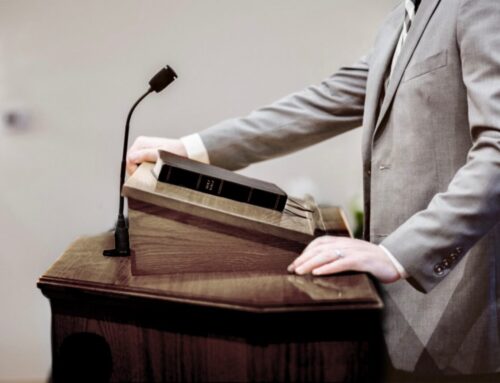United States Supreme Court Justice Clarance Thomas
Ohio Attorney General Dave Yost
Following Clarence Thomas’ Lead, Ohio AG Files Lawsuit To Classify Google As ‘Common Carrier’ Or ‘Public Utility’
June 9, 2021
By Ian Haworth
Reprinted from The Daily Wire
Ohio Attorney General Dave Yost has asked the court to legally declare that Google is a “public utility” in a lawsuit filed against the Big Tech giant.
According to Yost, Google should be viewed in the same way as electricity, water, and gas providers, arguing that Google “hurts its rivals by prioritizing its own products and services in search results, displaying them above those of competitors,” according to CNET.
“Justice Thomas recently stated, ‘there is a fair argument that some digital platforms are sufficiently akin to common carriers or places of accommodation to be regulated,’” the complaint points out. “Justice Thomas went on to explain, ‘the analogy to common carriers is even clearer for digital platforms that have dominant market share. … Google search — at 90% 5 of the market share — is valuable relative to other search engines because more people use it, creating data that Google’s algorithm uses to refine and improve search results.’”
“This suit does not argue that Google’s dominance of internet search is good or bad when viewed in isolation. Those issues are left to be resolved elsewhere,” the complaint reads. “Accepting this fact, the first claim is narrowly focused on establishing that Google’s provision of internet search is properly classified as a common carrier and/or public utility under Ohio common law.”
In recent months, Supreme Court Justice Clarence Thomas has been vocal on the subject of Big Tech. In early April, Thomas argued that Congress could strip social media giants such as Google of First Amendment protections, comparing them to “public accommodations.”
“Even if digital platforms are not close enough to common carriers, legislatures might still be able to treat digital platforms like places of public accommodation. Although definitions between jurisdictions vary, a company ordinarily is a place of public accommodation if it provides ‘lodging, food, entertainment, or other services to the public … in general,’” Thomas wrote at the time.
“Once again, a doctrine, such as public accommodation, that reduces the power of a platform to unilaterally remove a government account might strengthen the argument that an account is truly government-controlled and creates a public forum,” Thomas continued. “The similarities between some digital platforms and common carriers or places of public accommodation may give legislators strong arguments for similarly regulating digital platforms. ‘[I]t stands to reason that if Congress may demand that telephone companies operate as common carriers, it can ask the same of’ digital platforms.”
A public accommodation is a place of business that offers goods and services to the general public, such as a restaurant that is open to the public.
Google responded to the lawsuit, saying Ohio’s case has “no basis in fact or law.”
“AG Yost’s lawsuit would make Google Search results worse and make it harder for small businesses to connect directly with customers,” a Google spokesman said in a statement. “Ohioans simply don’t want the government to run Google like a gas or electric company.”
TAGS:
- Big Tech
- Clarence Thomas
- Ohio
,
,
,








Leave a Reply, please --- thank you.